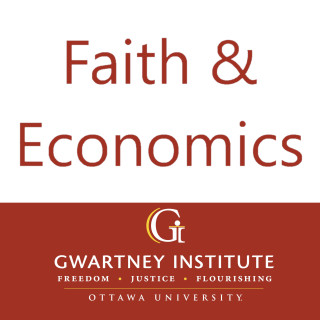

This week the Gwartney team talks about the Lindy effect. The Lindy effect is The Lindy Effect is the idea that the older something is, the longer it’s likely to be around in the future.
Nassim Nicholas Taleb, in his book, Antifragile: Things That Gain From Disorder, defines it for non-perishable items (things like information, intellectual production, etc.) as so:
If a book has been in print for forty years, I can expect it to be in print for another forty years. But, and that is the main difference, if it survives another decade, then it will be expected to be in print another fifty years. This, simply, as a rule, tells you why things that have been around for a long time are not “aging” like persons, but “aging” in reverse. Every year that passes without extinction doubles the additional life expectancy. This is an indicator of some robustness. The robustness of an item is proportional to its life! Enjoy!!